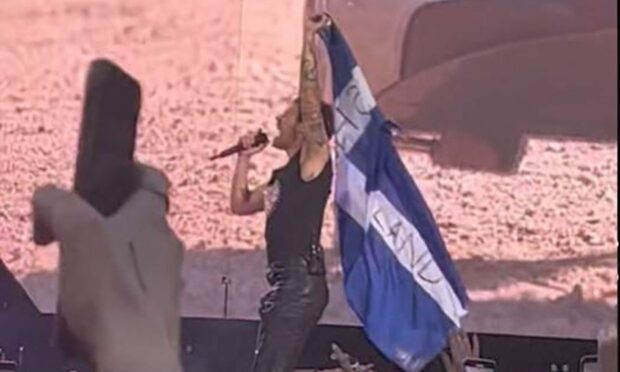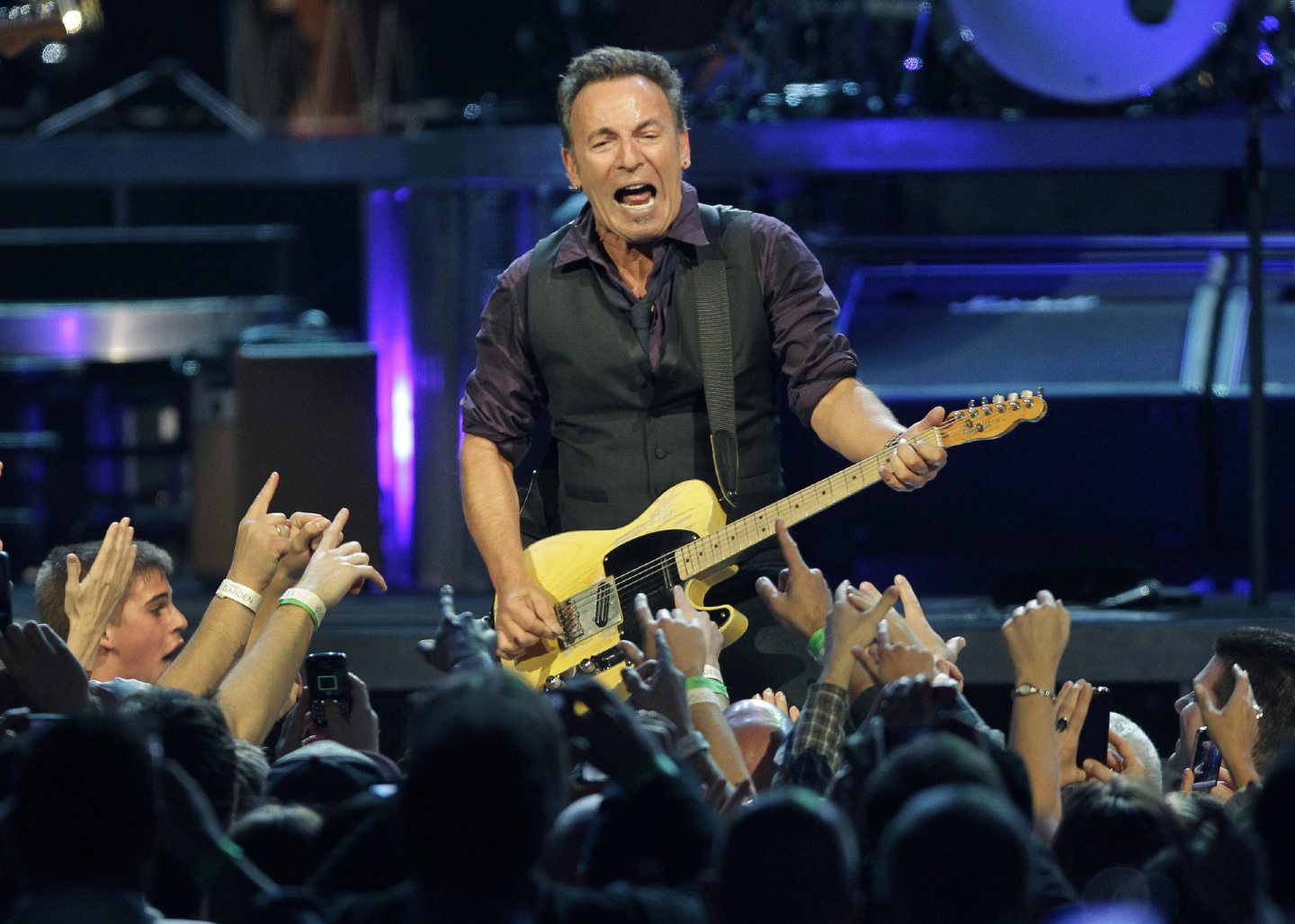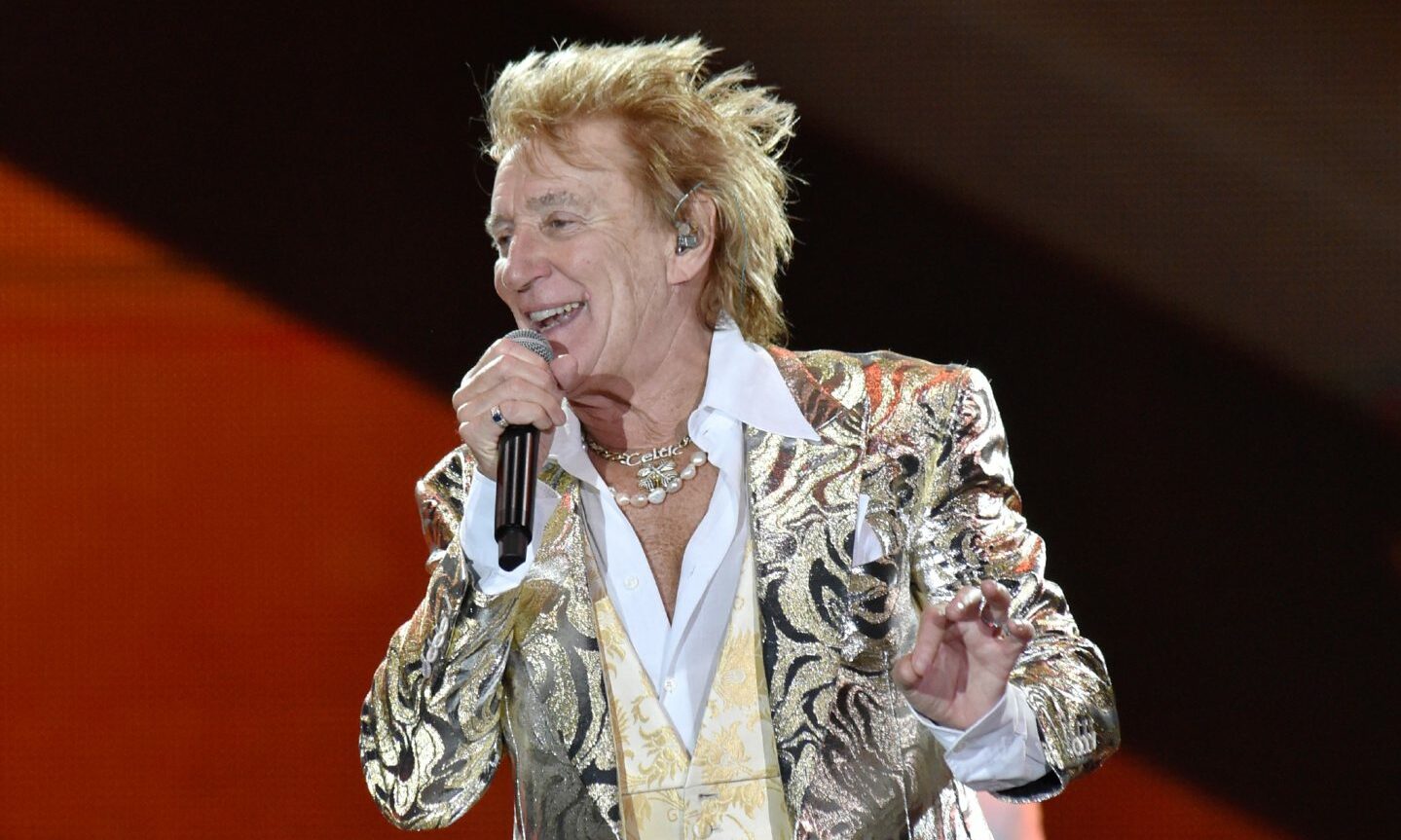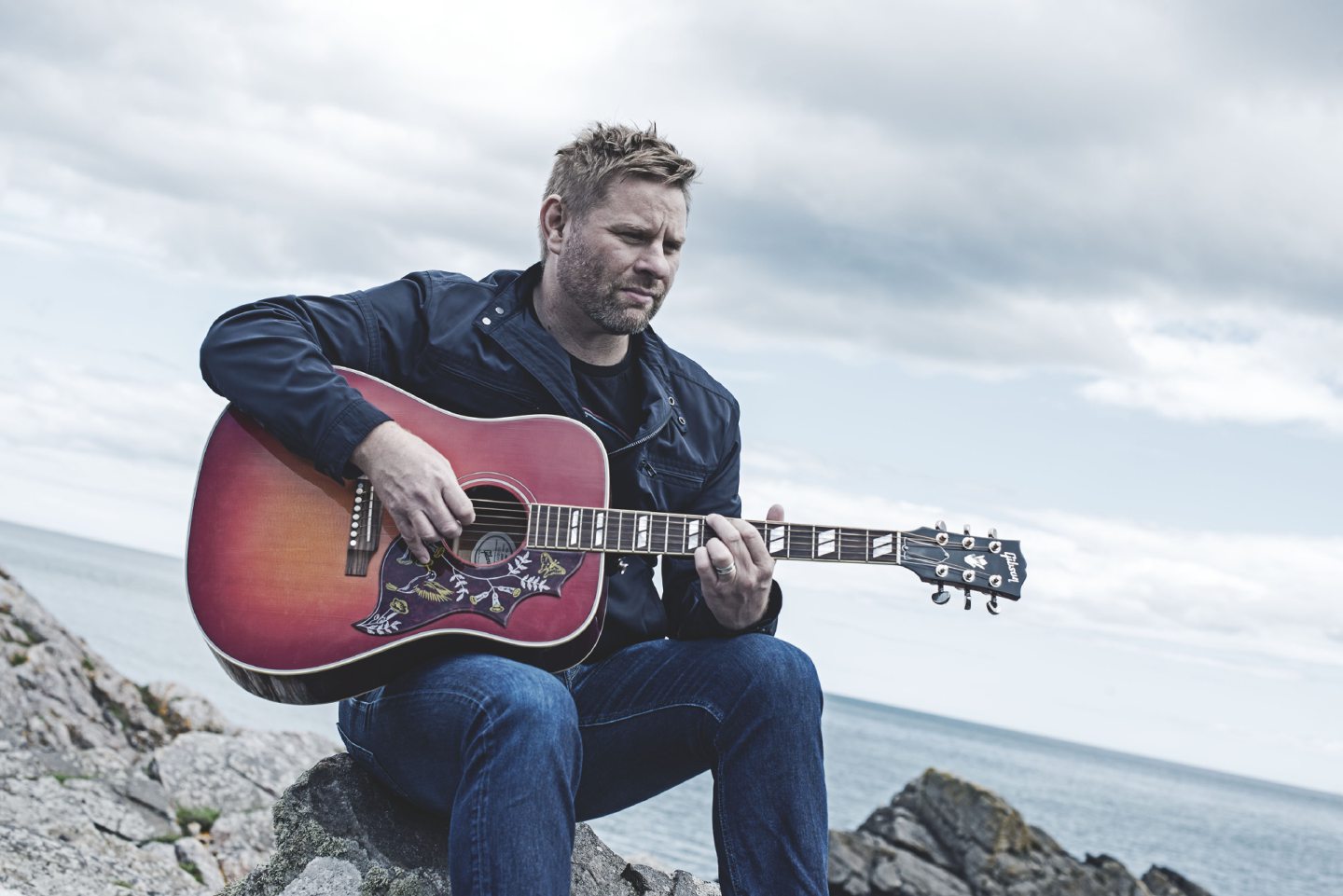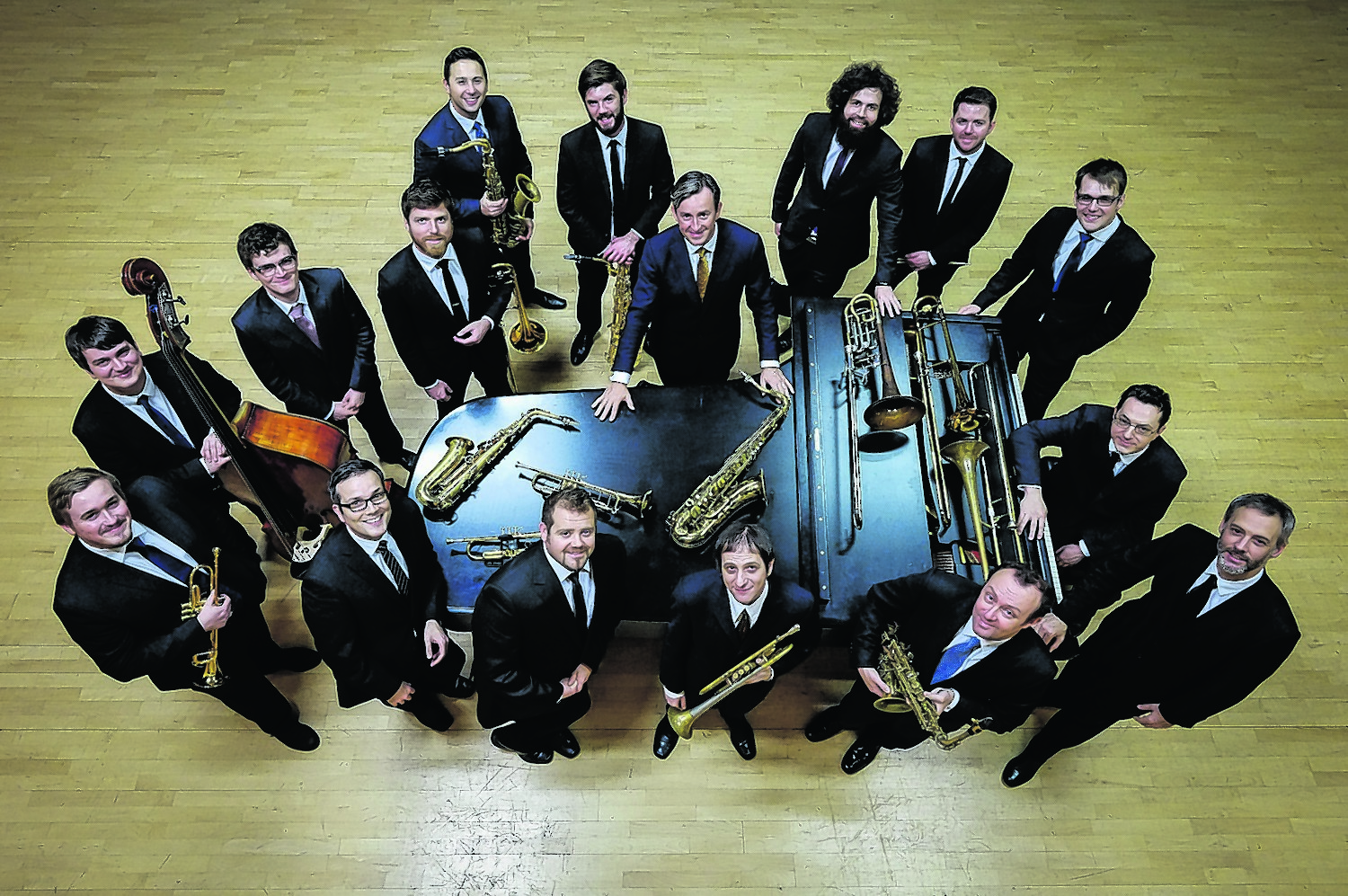I’ve still got a copy of a ticket I bought to a concert in Edinburgh back in the summer of 1978.
The gig, by Scottish singer-songwriter Gerry Rafferty, fresh from enjoying global success with Baker Street and other hits, was an absolute joy and Dire Straits, Mark Knopfler and all, lent lustre as the support band.
The ticket price was £2.50, purchased direct from the venue. There were no middlemen, no corporate interlopers slapping additional fees to the package, let alone dictating that people spend hours on the phone or web trying to find prices which are anywhere approaching affordable. If it seems like another age, that’s because it was.
In the last few weeks, Murrayfield Stadium has hosted Beyonce, Bruce Springsteen and Harry Styles, who danced on stage waving a Shetland flag, more than 150,000 fans have cheered on their heroes. I tried to book tickets for the Boss, but the eye-watering prices for them and hotels in the capital, allied to the price of train fares, soon made it clear that I would be Dancing in the Dark or Born to Run straight to my bank manager with a white flag.
Going the extra mile to enjoy music
By the cheapest reckoning, it would have cost us more than £150 a ticket, with similar outgoings for accommodation. Add the journey from Aberdeen to Edinburgh into the mix and the bill was between £800 and £1,000 for two people. Of course, I’ve since heard that Springsteen put on a magnificent show, which lasted more than three hours, and was cheered to the rafters as he and his band performed their 29-song set.
Yet, I asked the public what they had made of the ticket charges and it was obvious others shared my misgivings. One music fan said he had gone to Dublin to watch Bruce, because it cost less. Somebody else journeyed to the Paris gig and a few, including myself, have purchased our briefs for his concert in Hyde Park in London next month.
How good was it having the legend Bruce Springsteen and The E Street Band in Scotland?@springsteen | @BTMurrayfield pic.twitter.com/arZMdCzFg2
— Scottish Rugby (@Scotlandteam) May 30, 2023
Pricing hierarchy
At least, we’re staying with relatives, so we don’t need to pay Monopoly money to check into a modest hotel masquerading as the Dorchester. But, in the long term, is this really sustainable? Naturally, the likes of Beyonce and Bruce are superstars with more zeroes at the end of their bank balances than you’ll find at a Star Trek convention.
The promoters, themselves, point to the scenes of wall-to-wall punters and respond: what’s the problem? Yet that doesn’t disguise the sense that while live music is a thrilling, intoxicating experience, it risks creating a system where the door is slammed shut on those who love music, but don’t have access to their own personal trust fund.
Of course, these high-profile acts have to tap into new markets. In the old days, they made their moolah from record and CD sales, but that’s not a profitable revenue stream in the 2020s when many fans simply download new material via Spotify or listen to the songs on YouTube for free. So they embark on giant touring schedules and play the Greatest Hits card. And, for the biggest names, it works.
But what about those coming up behind them who don’t have the cachet of a Springsteen or Elton John, Rod Stewart or Madonna? And what about the whole question of live music in a post-pandemic setting?
Aberdeen singer-songwriter Colin Clyne
Aberdeen singer-songwriter Colin Clyne has gained lots of plaudits for his work during the last decade and will be on a concert stage in Aberdeen later this year. But he knows that life for most bands is the opposite of the Springsteen rapture.
He said: “It’s all squeezed upwards towards the top 1%, then when you try and charge £10 for a two-hour concert, it’s a struggle to sell them.
“Also, a lot of grassroots venues are now charging them out. ”
Giving an example of costs for playing at one venue, he said: “I hire the place and engineer for £250, and everything after 25 tickets comes to me, but if I have an opener, they’ll need paid too. As grassroots artists, we need to be smarter because a lot of smaller venues are disappearing.”
Journalist and publicist Rob Adams
There’s also the question of taking a show on the road when you are a large-scale ensemble. Journalist and publicist Rob Adams has worked with the Scottish National Jazz Orchestra and it’s not cheap to organise concerts for these excellent musicians.
He said: “I think any example of people going out to gigs has a positive impact. Ticket prices for stadium gigs in some ways can help the more intimate ones.
“If it costs three figures to stand in Murrayfield or sit where you might not be in the same postcode as the stage, then being seated in relative comfort for a quarter, or less, of those prices and where you can see the musicians can be a revelation.
It’s live but facing serious challenges
“An outfit like the SNJO would find it extremely difficult to work without public funding, but there’s a saying that ‘everything you do is PR.’
“You play the music to the people who come out and if they go away impressed and enthuse to friends, more people might come to the next set of concerts.”
Ultimately, going to watch Beyonce or Bruce is probably a once-in-a-lifetime experience for most people. A treat, something special. But the vast majority of others in the business don’t have the same luxury of being able to charge what they like.
